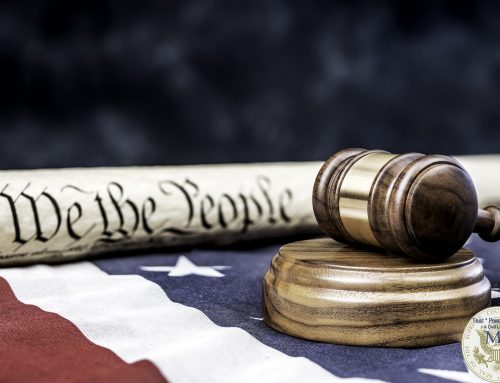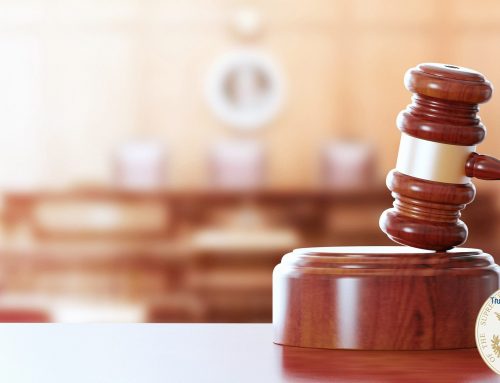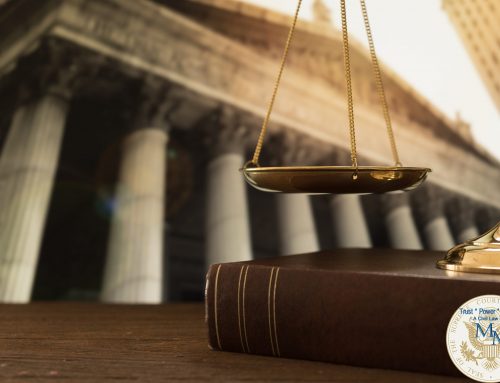 What is a Bench Trial?
What is a Bench Trial?
When discovery in a case is complete and the case is placed on the trial calendar, both the defendant and the plaintiff have the right to demand a jury trial to determine any issues of fact. Issues of law are determined by the judge and when there no disputed facts to be decided, there is no right to a jury trial. The distinction between issues of fact and issues of law is beyond the scope of this post, but suffice it to say, the jury generally determines the credibility of the parties, the apportionment of fault among the parties, and the damages sustained. If, however, the plaintiff does not demand a jury trial and the defendant does not do so either, the judge alone will determine both the issues of fact and the issues of law. This is known as a bench trial. Generally, plaintiffs (and their attorneys) prefer jury trials, but there are some situations where a bench trial may be preferable. For example, if the issues in the case are particularly complex, it may be preferable to have a bench trial, as the trial judge will typically have a clearer understanding of what is and is not relevant to the issues at hand and is better equipped to set his emotions aside and render a dispassionate but legally proper verdict. Your attorney, who understands the benefits and drawbacks of the jury trial vs. the bench trial, will look closely at the particulars of your case and determine the best course of action.
Email Us For Your Free Case Evaluation







